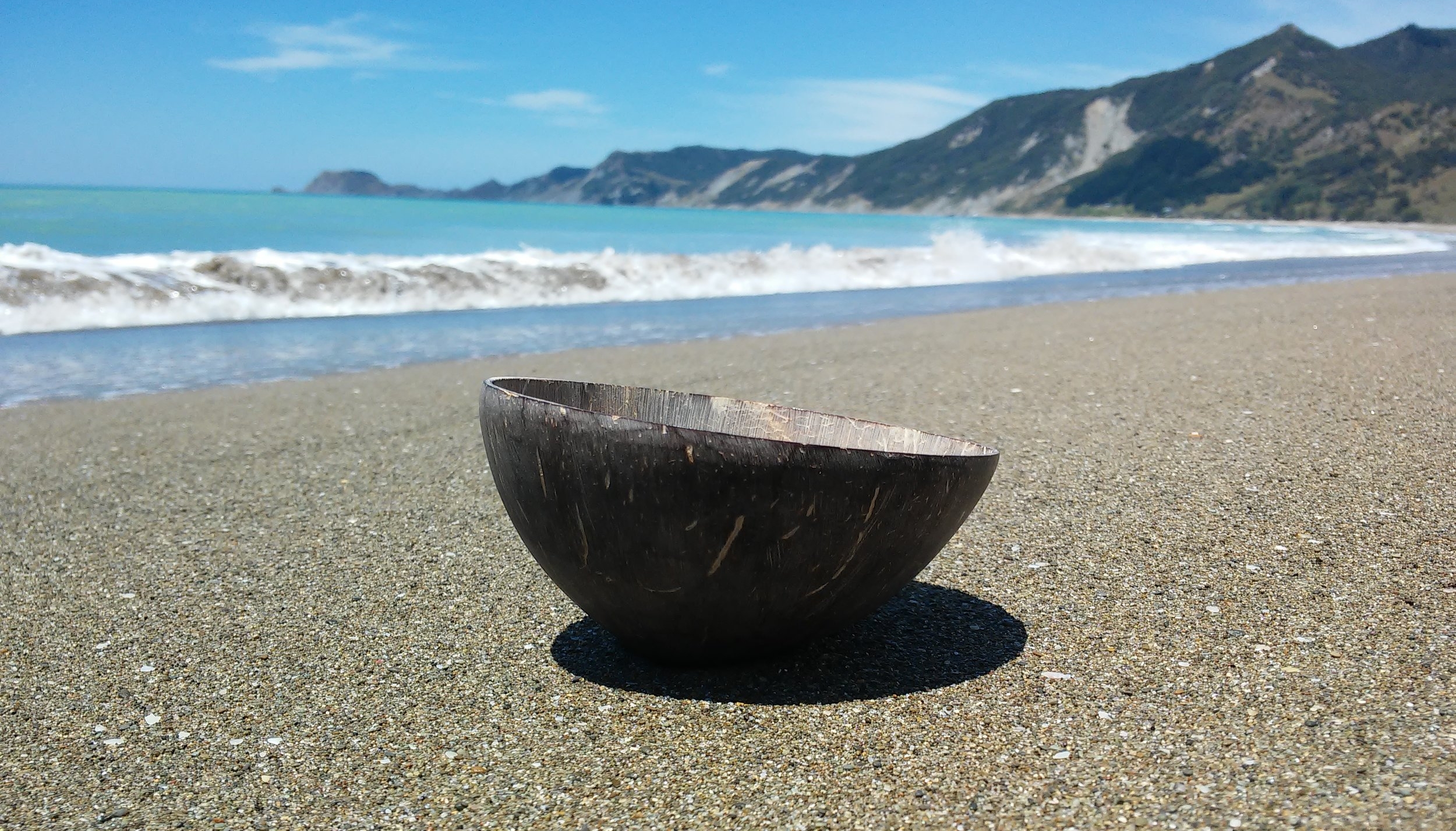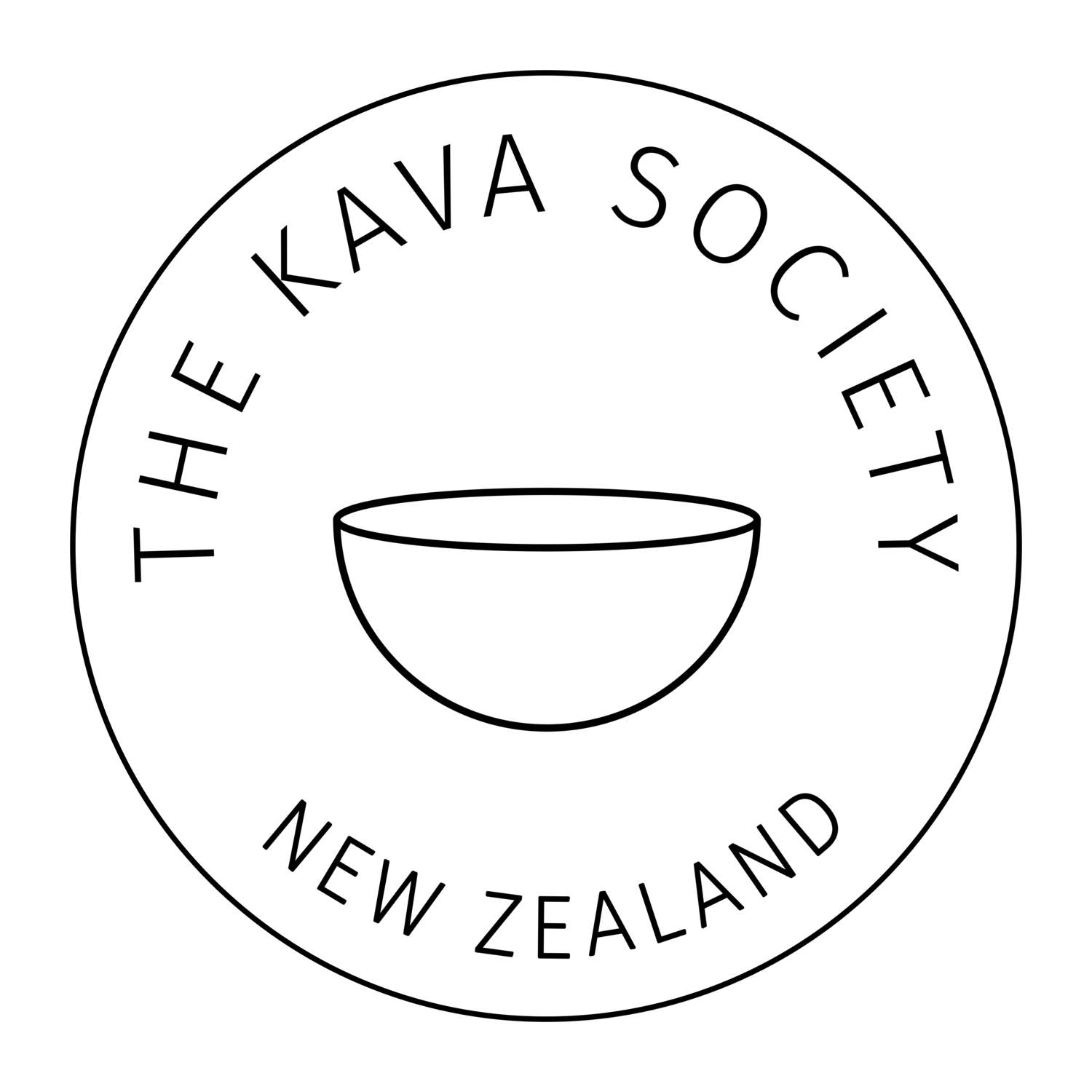
Welcome to Our Kava Blog

Exploring the Synergy Between Kava and Kombucha: An Interview with Derek Hillen from New Leaf Kombucha Taproom
In this blog post, we sit down with Derek Hillen from New Leaf Kombucha Taproom to discuss the harmonious relationship between kava and kombucha. Discover how Derek's initial intrigue with kombucha led to a partnership that incorporates kava into his offerings, creating a unique space for non-alcoholic beverages. Learn about his insights on the health benefits and cultural significance of both drinks, and how they complement each other at his Auckland-based taproom.

When Less is More: Making the Most of Your Kava with the Right Ratio and Consumption Pace
How you prepare and drink your kava matters as much as what kava you choose to drink. In this post we suggest a few different approaches. Kava can be an incredible versatile plant that accommodates various needs and occasions. By learning how to attain different effects by playing with water-to-root ratios and speed of consumption you can often get more of your kava and make it even more enjoyable and aligned with your lifestyle and preferences.

Silesse - the contemplative cultivar from Malekula
A guest post profiling the Malekula cultivar Silesse and one of its growers and custodians. Unlike most other kavas, Silesse is not known for being a “social” cultivar. Instead, many people find it to be powerfully introspective. If you enjoy drinking kava on your own, Silesse is a crucial addition to your solo kava repertoire.

How Great Kava Powders are Made: Processing Steps (and Why Each One Matters)
If you’ve tried our kava, you know it’s of insanely high quality. This is particularly obvious if you’ve ever tried any other kava, but even if you are completely new to kava, you have most likely noticed how clean, consistent, potent and aromatic our kava is. This isn’t a matter of chance, but a result of combination of highest quality plant material (i.e. outstanding kava grown by skilled farmers in the areas best suited for the cultivation of specific cultivars) AND state of the art, meticulous processing techniques. While you can’t have good kava without either of these two ingredients, the latter one is often overlooked, or poorly understood by most drinkers, or even some traders. This guest post can help you to both appreciate the importance of processing techniques and to understand what it takes to transform freshly harvested kava plants into our outstanding kava powder.

Puariki, the pride of Tongoa
Puariki is an outstanding cultivar grown exclusively on the remote island of Tongoa (Vanuatu). This blog post provides an overview of the cultivar’s history, characteristics, as well as an account of a unique journey undertaken by our friends to study and source it.

Guest Post: Deep Dive into Kava Chemotypes
Today we have the pleasure to share a post from our friends and collaborators at Vanuatu’s Root and Pestle The post was written John McGowan, the chief scientist and lab wizard at Root and Pestle’s state of the art kava processing facility. This blog was partly inspired by long conversations about kava chemotypes a d the frequent questions about kava’s chemistry/chemotypes we all get from both new and seasoned kava drinkers. It is primarily informed by Root and Pestle’s analytical work and relevant published research, including Dr Vincent Lebot’s famous books and papers. It is a fairly loooong read, but very rich in information and will be appreciated by anyone who really wants to understand what kava’s chemotypes are about and, more broadly, how chemical analysis can help us understand kava’s composition, properties and differences between cultivars.
